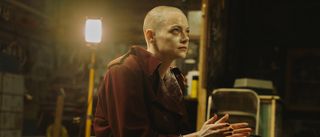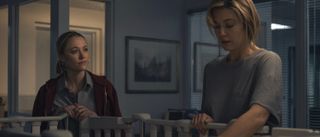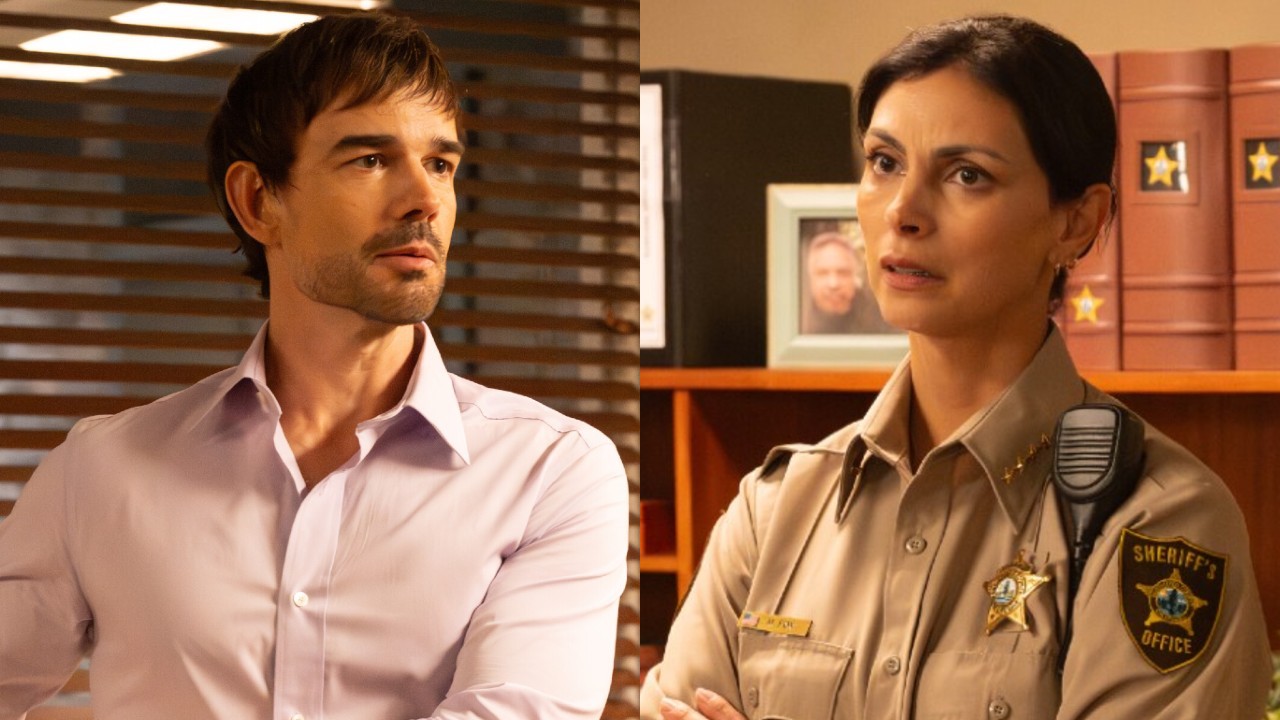Reviews
Latest Reviews

Avatar: Fire And Ash Review: James Cameron’s Epic Saga Is Emotional And Epic
By Corey Chichizola published
Things on Pandora are heating up.

Five Nights At Freddy’s 2 Review: The Video Game Movie Sequel Limbos Under The Low Bar Set By The First Film
By Eric Eisenberg published
Yes, it's actually worse than the first movie.
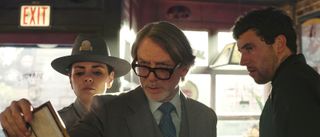
Netflix’s Wake Up Dead Man Review: The Best Knives Out Movie Is Also The Least Fun
By Nick Venable published
A murder-mystery with a meaning.

Zootopia 2 Review: A Bigger City For A Smaller Story
By Dirk Libbey published
Zootopia 2 keeps things simple, but no less fun, for another hit movie.

Wicked For Good Review: Act 2 Takes A Dark Turn That Will Thrillify Audiences (But As An Act 1 Person, I Have Complex Feelings)
By Riley Utley published
They really did change for good.

The Running Man Review: A Great Stephen King Movie... Until It Totally Screws Up In Its Final Scenes
By Eric Eisenberg published
A big mistake has been made.

Predator: Badlands Review: I Wasn’t Expecting The First Predator Movie Without Humans To Be The Most Heartfelt Of The Clan (On Top Of Awesome Action Sci-Fi, Too)
By Sarah El-Mahmoud published
A predator movie about outcasts… and trophies, of course.
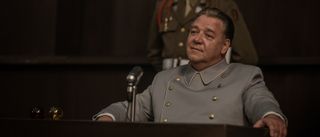
Nuremberg Review: Russell Crowe's Bold Choice To Play An Infamous Nazi Doesn't Always Work
By Hugh Scott published
It's hard to take this movie as seriously as it should be taken.
CINEMABLEND NEWSLETTER
Your Daily Blend of Entertainment News
LATEST ARTICLES
